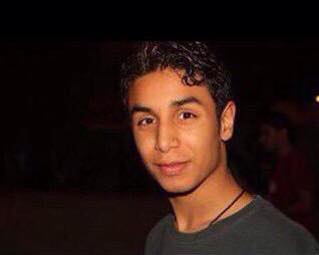Saudi authorities arrested Ali Mohammed al-Nimr for participating in protests in 2012 when he was seventeen years old. His arrest was part of a series of arrests carried out by Saudi Arabia targeting those who expressed criticism of the government. Ali was not the only one in his family to be targeted-he is the nephew of the recently executed Shia cleric Sheikh Nimr al-Nimr. During interrogations, Saudi officials reportedly tortured Ali into confessing, and the Specialized Criminal Court later used his coerced confession to convict Ali and sentence him to death in May of 2014. In September 2015, a group of United Nations human rights experts expressed concern that Ali may have been subjected to torture and ill treatment to coerce a confession, further stating, “Confessions obtained under torture are unacceptable and cannot be used as evidence before court.” These Concerns led the human rights experts to call for an immediate halt to Ali’s execution.
Ali’s is one of several cases in Saudi Arabia where the government has sentenced people to death for crimes committed as minors. Ali Sits on death row alongside two other protesters Abdullah Hasan al-Zaher and Dawood Hussein al-Marhoon, who were arrested as minors. In the recent case of the Sri Lankan maid-Rizana Nafeek, the BBC reported that the Government of Sri Lanka and the parents of the victim pleaded for clemency and even declared that Saudi Arabia was in breach of international child rights. Saudi Arabia has received widespread criticism for this practice.
William Jay is an Advocacy Intern at ADHRB





